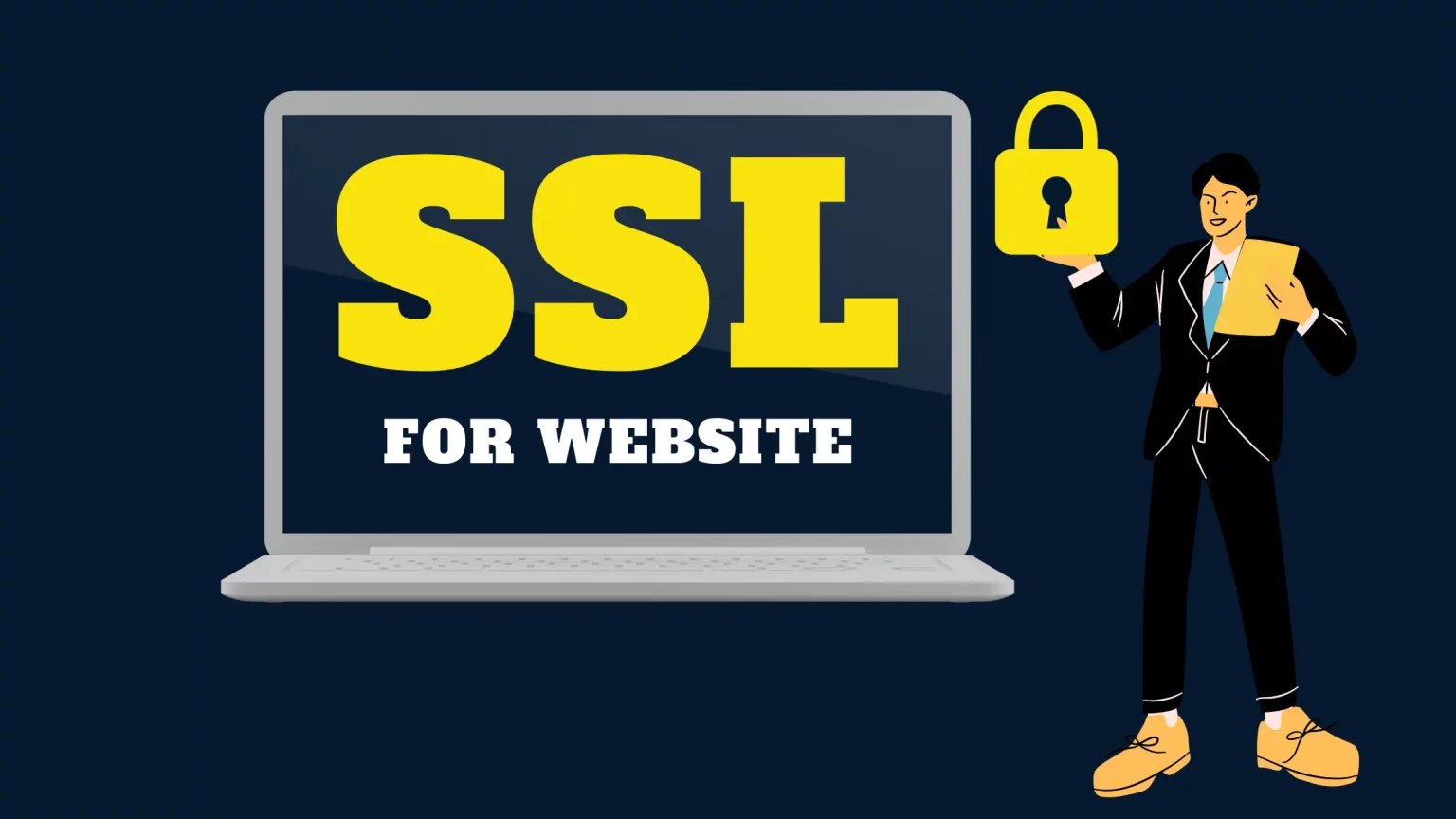
SSL Certificate Explained | Everything You Need to Know in 2023
SSL Certificate Explained | Everything You Need to Know in 2023
Why do you need an SSL certificate for your website?
We live in an increasingly digital world where sensitive data is constantly transmitted online. Without proper security, this data can be intercepted by hackers.
That’s where an SSL certificate comes in. It ensures data encryption, security, and trust for both you and your visitors. In fact, Google now requires SSL for better rankings and safe browsing.
📑 Table of Contents
- What Is an SSL Certificate?
- How Certificate Authority Validates a Site
- How Does SSL Work?
- Why You Should Have an SSL Certificate
- Risks Without SSL
- Best SSL Certificate Providers
- Conclusion
🔒 What Is an SSL Certificate?
An SSL certificate is a digital security credential that:
- Authenticates a company’s online identity
- Creates a unique encrypted connection
- Provides a secure browsing experience
This ensures all sensitive data like passwords, credit card numbers, and personal details remain safe between the server and browser.
🛡 How Certificate Authority Validates a Site
Let’s take an example. Suppose Stockpile launches its online store:
To secure its site, Stockpile needs an SSL certificate. The Certificate Authority (CA) validates their business identity by:
- Researching the website
- Checking business references
- Confirming ownership
Once verified, the CA issues the SSL certificate, assuring customers that Stockpile is a legitimate and secure brand.
👉 Get up to 63% off on SSL Certificates
🔐 How Does SSL Work?
Imagine Mike, an online shopper, wants to buy shoes from Stockpile.
- Mike’s browser checks Stockpile’s SSL certificate.
- Both computers perform a handshake to agree on encryption methods.
- A secure channel is created between them.
- Sensitive data like passwords & credit card info is encrypted and protected.
📌 Visual cues for SSL include:
- Lock icon in the address bar 🔒
- HTTPS prefix
- Green address bar in some cases
This ensures trust and protects user data.
✅ Why You Should Have an SSL Certificate
Here are the top benefits of SSL for your website:
- 🔒 Provides secure connections with customers
- 📈 Boosts Google search ranking (SEO benefit)
- 🔑 Protects sensitive data from hackers
- 🛡 Prevents phishing & cyberattacks
- ⚖️ Meets legal security requirements in most regions
- 🏆 Builds customer trust & increases conversions
Simply put, no SSL = no credibility.
⚠️ Risks Without SSL
If your website doesn’t have SSL:
- 🚨 Your site is vulnerable to cyberattacks
- 📉 Google may rank your site lower
- ⚠️ Visitors will see "Not Secure" warnings
- ❌ You’ll lose trust & potential customers
💡 Pro tip: If hosting providers don’t include SSL, you can always use a third-party SSL certificate.
🥇 Best SSL Certificate Providers
1) SSL Store
With 1M+ certificates issued, SSL Store is one of the world’s largest distributors.
You’ll find trusted SSL brands like:
- DigiCert
- GeoTrust
- RapidSSL
- Sectigo
- Comodo CA
- Thawte
💰 Discounts: Save 40–70% on SSL Certificates → Check Deals
2) SSLs.com
Another affordable SSL provider with great beginner-friendly options.
🏁 Conclusion
An SSL certificate secures your online identity and builds trust with your visitors. Without it, your site risks losing customers, search rankings, and credibility.
If customers feel safe, they’re more likely to do business with you.
So whether you run a blog, e-commerce store, or business site, an SSL certificate is non-negotiable in 2023.
👉 Get affordable web hosting with SSL for under $3/month
🔗 Related Reads
